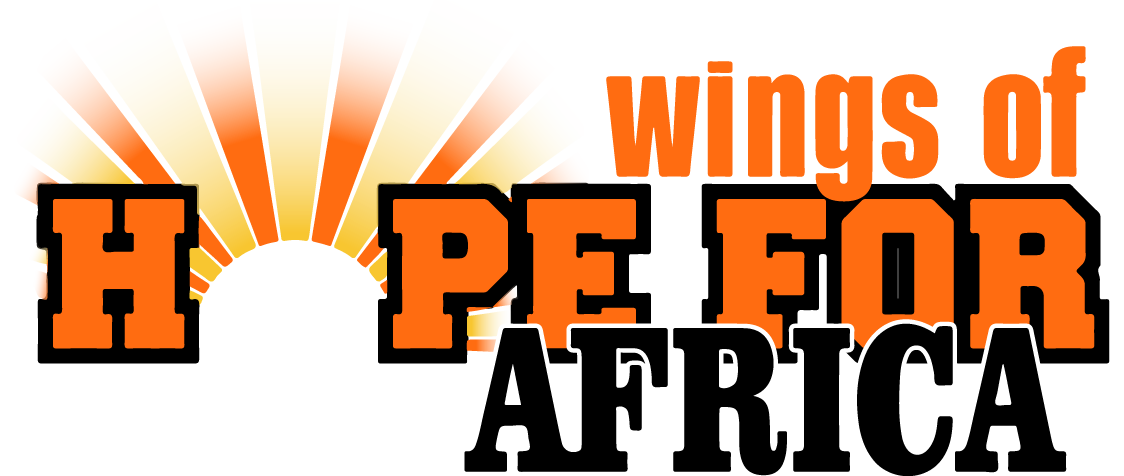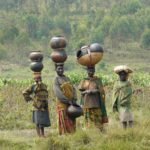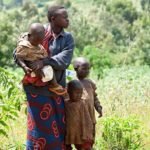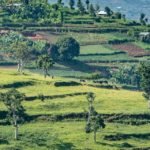Poverty is a Global Issue
The Wings of Hope for Africa Foundation contributes to poverty alleviation in three countries: Burundi, Rwanda, and Canada, specifically in Calgary. In order to effectively approach poverty we believe that cultural awareness and local expertise are critical. This is why we have developed local teams and engage with local experts and leaders in the planning, implementation, and assessment phases to ensure the culturally significant application which allows these projects to thrive long after WHAs direct involvement. This helps to ensure our support goes to the most vulnerable members of the community and helps address and bias that an outer perspective may have looking to provide support to a society they are not a part of.
By funding projects that help address basic needs like food and clothing and that break down barriers that perpetuate poverty such as lack of education and employment opportunities and skills the Wings of Hope for Africa Foundation embraces our privilege to empower communities with the skills, funding, and resources to build self-sustaining futures.

Our Locations
Burundi, Africa
Burundi is one of the ten poorest countries in the world: much of the population lives on less than one dollar a day and life expectancy does not exceed 49 years. It’s also the most population-dense country in Africa. There is an average of 248 people per square mile and the population is growing rapidly at nearly 3% each year. The World Food Programme (WFP) reports 70 percent of the population living in poverty with alarming food insecurity levels showing 52 percent of children under 5 stunted with higher rates among rural communities.
History
The current state of impoverishment can be partly attributed to a turbulent history. The country has been plagued by ongoing civil war for the past 15 years. Burundi’s first democratically elected president was assassinated in October 1993 after only 100 days in office, triggering widespread ethnic violence. More than 200,000 Burundians perished during the conflict that spanned almost a dozen years. As of 2023, the European Civil and Humanitarian Aid Operations estimates that “over 300,000 Burundian refugees remain displaced in neighbouring countries, with most of them having fled Burundi after contested elections and violence in 2015. At the same time, the country has around 75,000 people internally displaced, mainly due to natural hazards such as flooding and landslides.” This displacement has constituted one of the worst refugee crises in African history.
This unrest has had devastating social and economic effects on this already impoverished nation, and the rate of unemployment continues to soar. With a sluggish economy, formerly employed middle-income individuals and families are facing joblessness and the inability to make a living due to the disruption of businesses and displacement of employers. Poverty in the region is further exacerbated by extreme weather conditions and disasters on the rise in recent years, rising food costs, severe lack of access to clean water, lack of diversity in diets, poor hygiene, and lack of basic health and education services that result in high prevalence of infectious diseases.
Rwanda, Africa
Rwanda, a neighboring country to Burundi, shares many similar challenges that contribute to their high rates of poverty and food insecurity. Over 38% of their population lives in poverty and with a notable rate of food insecurity of 20%. Rwanda’s population is similarly dense to that of Burundi. There are also a large number of refugees in Rwanda (from Burundi and the Democratic Republic of the Congo), putting a further strain on available resources. According to WFD, Rwanda has a 32.4% rate of chronic malnourishment among children under five.
History
Once connected with Burundi as the kingdom of Ruanda-Urundi, Rwanda has been an independent nation since 1962. In 1994, the Rwandan Genocide killed an estimated 800,000 people, devastating the country and its economy. Like Burundi, Rwanda is mostly agricultural but food production is often out-paced by population growth. Still recovering from the Rwandan Genocide, the conversion of pasture into cropland caused a reduction in livestock production, and a parallel decline in the ability to improve soil fertility led to a reduction of crop production.
Historical unrest, rising populations, the refugee crisis, rising food prices, and more frequent extreme weather events have contributed to the high incidence of poverty and hunger in the country.
Calgary, Alberta, Canada
Poverty in Calgary has been on the rise in recent years with nearly 10 percent of Calgarians suffering from poverty. This poverty disproportionately affects minorities. Vibrant Communities Calgary conducted a study that found the pandemic has driven more people into poverty. The challenging economy, rising cost of living, and the influx of people moving to Calgary for jobs contributes to challenges with poverty in Calgary.
History
Canada is a highly-developed, multicultural country that began with European colonization of land populated by Indigenous communities. The history of maltreatment of Indigenous peoples, the slave trade, and Japanese internment camps showcase a few instances that highlight the discrimination in Canadas past that has been woven into institutions and legislation and continues to impact communities today. Today we see disproportionate impacts of poverty that reflect systemic injustice, generational trauma, and the expansion of the wealth gap through generational accumulation of wealth and decreasing balance of wealth distribution throughout the population. With rising cost of living in Canada and fewer available jobs, the population afflicted with poverty is on the rise and needs to be addressed.












